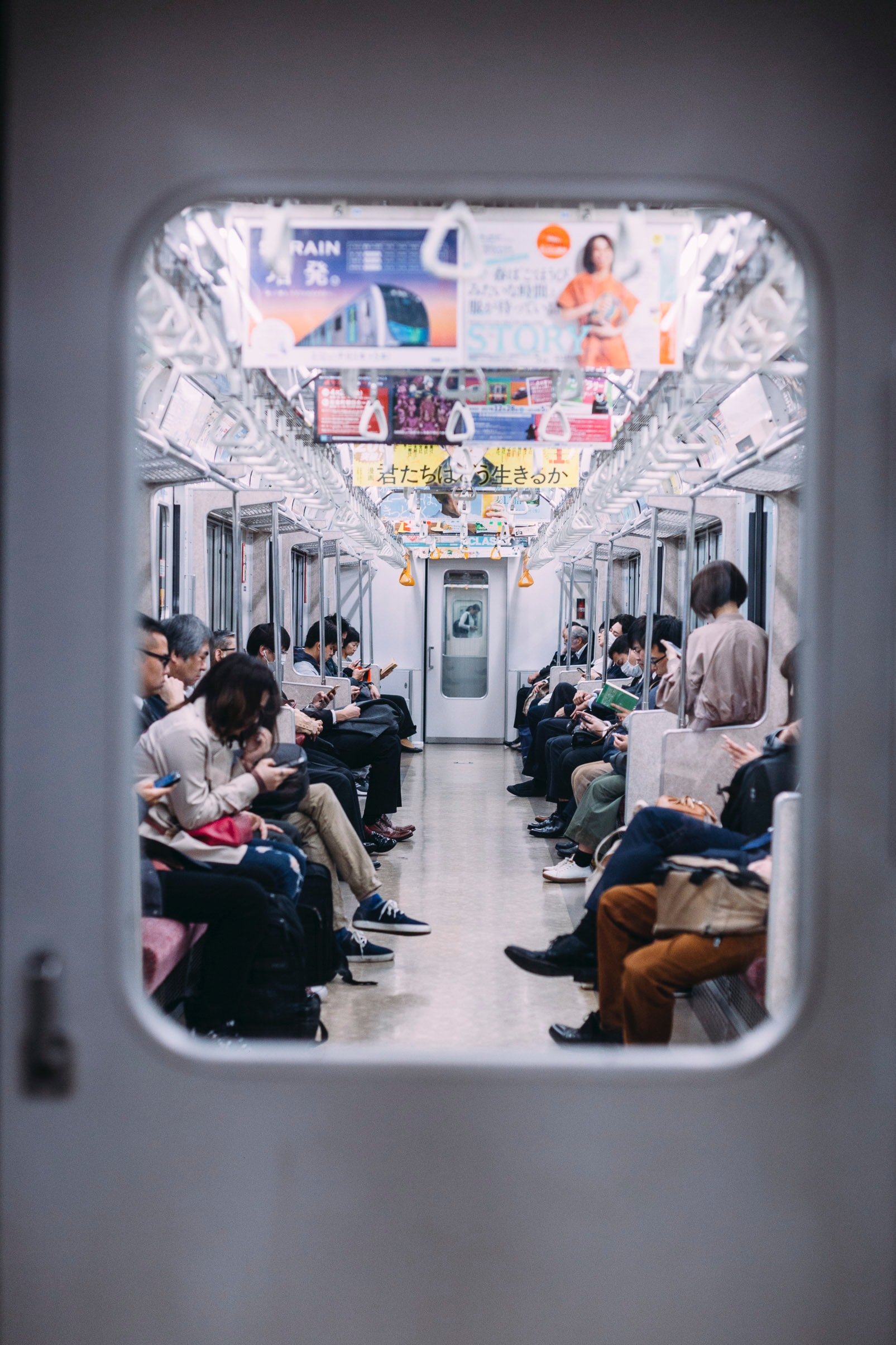THE WRITER
Haruki Murakami is a writer heavily influenced by the West. He grew up reading Western literature – Raymond Carver, Jack Kerouac, Kurt Vonnegut, amongst others. The west shaped his musical inclinations, as he and his wife Yoko opened up the Jazz store Peter Cat in 1974, before closing it in 1981, presumably to focus full time on his writing career.
Murakami is a divisive figure amongst the Japanese literary community. The Nobel Prize winner Kenzaburo Oe was dismissive of Murakami’s fiction for some time, regarding it as “pop fiction.” He would later change his tune with the release of the seminal Wind-up Bird Chronicle, a significant portion detailing events that took place in Japanese controlled Manchuria, during WW2.
Aside from The Wind-up Bird Chronicle, other notable works from the writer include Norwegian Wood – which has been adapted into a feature film – Kafka on the Shore, A Wild Sheep Chase, and 1Q84. Some of his musical and literary influences come through in these titles.
Murakami has won a number of prestigious literary awards such as the Jerusalem Prize and the Franz Kafka Award, and many have called for him to be awarded the Nobel Prize for Literature, but that has alluded him, as yet.

Photo by Liam Burnett-Blue on Unsplash
UNDERGROUND – AN INTRODUCTION
March 20th, 1995.
It was just another working day, as Japanese salarymen and women piled into trains to head to work for another day.
Everything changed when ten men boarded separate carriages across the Tokyo Underground, carrying bags of sarin wrapped in newspaper.
Ultimately, 13 people lost their lives, while over 6,000 were injured, some much more seriously than others. A tragedy indeed, but considering the lethality of the chemical, it’s quite amazing the attack produced so few casualties.
Murakami, like many other Japanese at the time, was shocked and had questions. Why had Aum done this?
PART ONE
Underground is divided into two parts – in the first part, Murakami interviews commuters who were on board the subway that day. His approach to these interviews is very much hands off, and he lets each interviewee express themselves freely.
One downside to this first part is that as you read more interviews, they begin to blend together, and can grow repetitive.
For me though, there’s enough stand out accounts to make this section a thoroughly worthwhile read.
Probably the highlight was Tatsuo Akashi’s interview, who wasn’t even on the subway that morning, yet his sister Shizuko was, and Murakami emotionally visits her during her lengthy recuperation in hospital.
Also devastating was the interview with the station head at Kasumigaseki train station, who suffers badly from survivors guilt. Two of his fellow employees passed away from the sarin.
Each interview only lasts two to three pages, but in that brief time, you get a good picture of who that person is. Their job, do they have a partner, has a major life event occurred recently – aside from the gas attack, that is.
PART TWO
When the book was originally released in Japan, it was criticized for offering a one-sided view of the event – that is, Murakami only spoke to the victims, but no knowledge was offered from the Aum point of view.
For me, the book would still be very good with the first part only, but part two elevates it to something outstanding – one of Murakami’s greatest achievements. Especially amazing to think that he’d barely dipped his toe in the non-fiction minefield. What a fist he’s made of it here.
The Aum members he interviews aren’t higher-ups like the leader Shoko Asahara or the Minister for Technology Hideo Murai, but rather low ranking nobodies.
In contrast to his interviews with the commuters, Murakami takes a more hands-on approach with these people. That’s not to say he’s aggressive or rude; he just interjects questions on a more frequent basis. There’s more he wants to understand, just like the reader.
CONCLUSION
This is, of course, totally different from what we’ve come to expect from Haruki Murakami. Now that I think about it though, while he writes about the surreal in the fictional world, what Aum got up to was even stranger in many respects.
Murakami fans should definitely give this a shot. The man is a genius and that genius once more shines through in this account.
